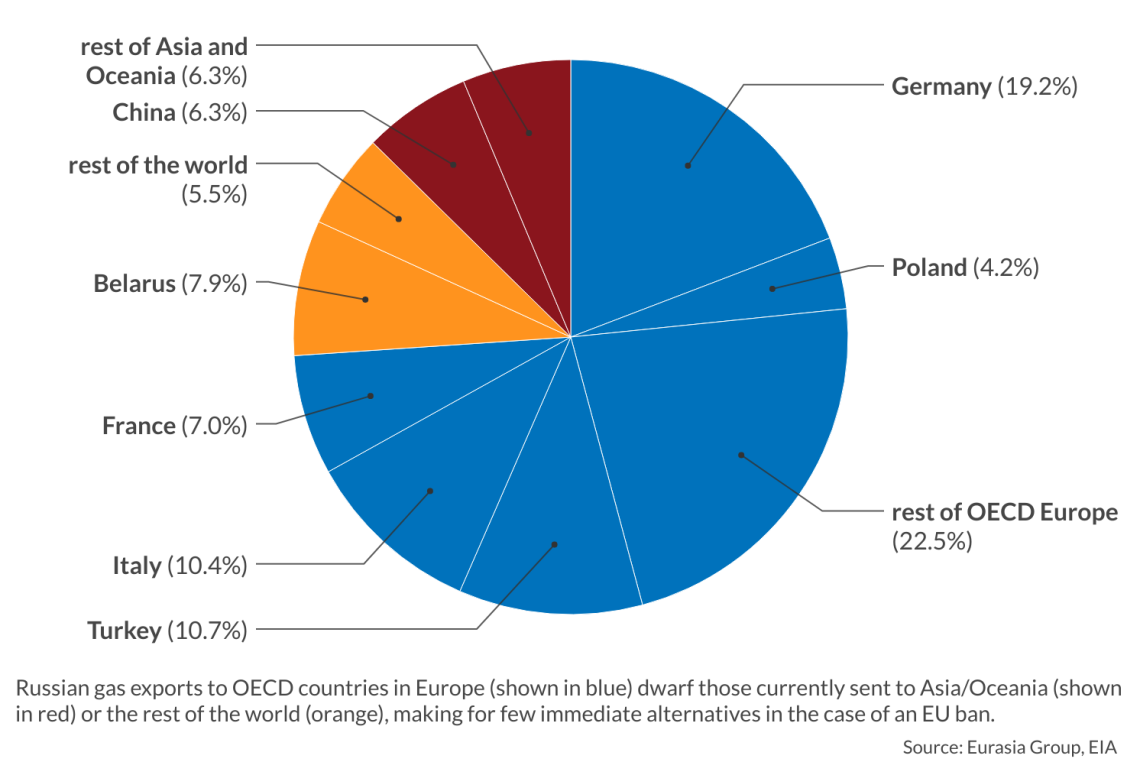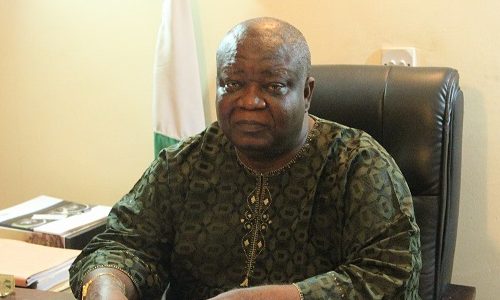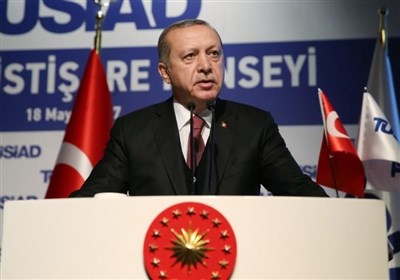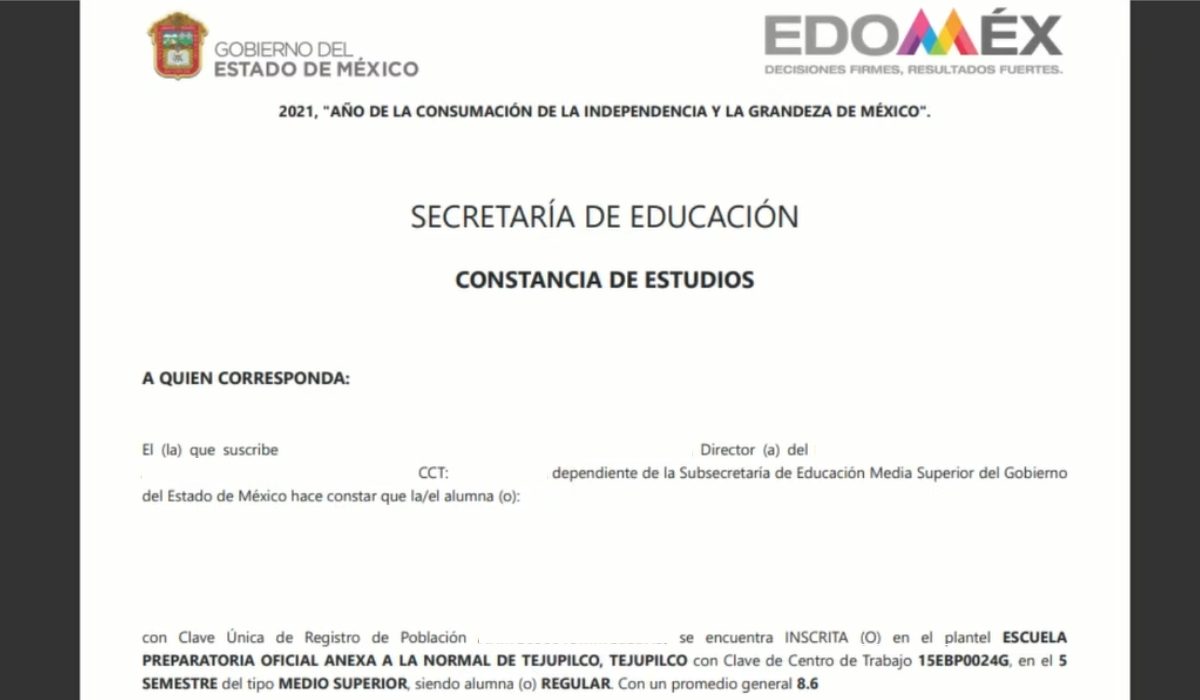German Politics: Klingbeil On Russian Gas Import Debate

Table of Contents
Klingbeil's Criticism of Past Reliance on Russian Gas
Historical Context
Germany's historical dependence on Russian energy is deeply rooted, stemming from decades of strategic and economic partnerships. This reliance, however, has presented significant geopolitical risks alongside economic benefits.
- Nord Stream Pipelines: The construction and operation of the Nord Stream 1 and 2 pipelines significantly increased Germany's reliance on Russian gas, creating a complex energy interdependence.
- Years of Increasing Dependence: Over several decades, Germany progressively increased its dependence on Russian gas, often prioritizing cheap energy over potential security concerns.
- Economic Benefits vs. Geopolitical Risks: While access to affordable Russian gas boosted Germany's economy, this dependence created significant vulnerability to political pressure and energy blackmail from Russia.
Klingbeil's Statements
Klingbeil has been highly critical of the previous government's approach to Russian gas imports, arguing that it created an excessive dependence on a single supplier. He has publicly stated that Germany needs to diversify its energy sources to avoid similar vulnerabilities in the future.
- Specific Criticisms: Klingbeil has pointed to the lack of sufficient investment in renewable energy and alternative gas supplies as major failures of past energy policy. He highlighted the failure to adequately plan for potential disruptions in the Russian gas supply.
- Calls for Diversification: He has repeatedly called for a rapid diversification of Germany's energy sources, advocating for a move away from fossil fuels towards renewable energy and establishing stronger partnerships with alternative gas suppliers.
- Mention of Potential Vulnerabilities: Klingbeil's statements consistently highlight the security risks associated with over-reliance on a single energy supplier, particularly one with a history of using energy as a political tool.
Klingbeil's Proposed Solutions for Diversification
Focus on Renewable Energy
Klingbeil and the SPD have emphasized the urgent need to accelerate the transition to renewable energy sources as a long-term solution to Germany's energy security challenges. This involves significant investment and policy changes.
- Specific Policies Mentioned: The SPD's agenda includes substantial investments in wind and solar power, aiming for a rapid expansion of renewable energy capacity.
- Targets for Renewable Energy Production: The party has set ambitious targets for renewable energy production, aiming to significantly reduce Germany's reliance on fossil fuels within the next decade.
Strengthening European Partnerships
Klingbeil advocates for closer cooperation with European partners to secure alternative gas supplies and enhance regional energy security. This collaborative approach is crucial for achieving energy independence.
- Mention Specific Countries or Initiatives: Collaboration with Norway, the Netherlands, and other EU members to secure LNG supplies and develop joint energy infrastructure projects is a key component of this strategy.
- Emphasis on EU-Level Energy Policies: Klingbeil supports stronger EU-level energy policies to coordinate efforts across member states and create a more resilient energy market within the European Union.
Investment in Infrastructure
Significant investments in new infrastructure are essential to facilitate the import and distribution of alternative energy sources. This requires both short-term and long-term planning.
- Examples of Necessary Infrastructure Upgrades: The construction of new LNG terminals, the expansion of pipeline networks for alternative gas supplies, and upgrading the electricity grid to handle increased renewable energy generation are all crucial.
- Mention of Associated Costs and Timelines: The SPD acknowledges the significant costs associated with these infrastructure upgrades and recognizes that the transition will take time, requiring sustained political commitment.
Political Ramifications and Public Opinion
Domestic Political Landscape
Klingbeil's stance on Russian gas imports has had a significant impact on the German political landscape, influencing both the internal dynamics within the SPD and relations with other parties.
- Reactions from Other Parties: While some parties support the SPD's call for diversification, others have criticized the speed and scope of the proposed changes, leading to heated debates within the Bundestag.
- Potential Impacts on Public Support for the SPD: Public opinion on energy policy is complex, with concerns about energy costs and security competing with environmental considerations. Klingbeil's position influences the SPD's popularity.
Public Perception and Debate
Public perception of Klingbeil's position on Russian gas imports is multifaceted and influenced by various factors. The debate is ongoing and complex.
- Public Opinion Polls: Public opinion polls reflect a divided public, with concerns about energy affordability and security balanced against a growing awareness of the environmental and geopolitical implications of reliance on Russian gas.
- Media Coverage: The media plays a significant role in shaping public opinion, often highlighting different aspects of the debate, from economic concerns to environmental sustainability.
- Key Arguments from Opposing Viewpoints: Opposition parties often criticize the speed and cost of the transition, emphasizing the potential negative economic consequences of rapid decarbonization.
Conclusion
Lars Klingbeil's stance on the Russian gas import debate reflects a significant shift in German energy policy. His criticisms of past reliance on Russian gas, coupled with proposals for diversification through renewable energy, strengthened European partnerships, and infrastructure investment, represent a crucial response to the geopolitical and energy security challenges facing Germany. The political ramifications are significant, impacting the domestic political landscape and sparking public debate. Understanding Klingbeil's position is essential to understanding the evolution of German politics and the future of German energy security. Stay updated on German politics and the future of German energy security by following further developments in this crucial debate. Learn more about Lars Klingbeil’s stance on Russian gas and the implications for Germany. Further research into German energy policy and the role of the SPD in shaping this crucial issue is encouraged.

Featured Posts
-
 Itakpe Warri Rail Operations Temporarily Suspended Engine Problems Cited By Nrc
May 01, 2025
Itakpe Warri Rail Operations Temporarily Suspended Engine Problems Cited By Nrc
May 01, 2025 -
 Dragons Den Analyzing The Investment Decisions Of The Dragons
May 01, 2025
Dragons Den Analyzing The Investment Decisions Of The Dragons
May 01, 2025 -
 Brtanwy Parlymnt Ka Kshmyr Ke Msyle Ke Hl Ky Khly Hmayt Sdr Azad Kshmyr Ka Byan
May 01, 2025
Brtanwy Parlymnt Ka Kshmyr Ke Msyle Ke Hl Ky Khly Hmayt Sdr Azad Kshmyr Ka Byan
May 01, 2025 -
 Dallas Tv Show The Loss Of Yet Another Beloved Star
May 01, 2025
Dallas Tv Show The Loss Of Yet Another Beloved Star
May 01, 2025 -
 Boxeo En Edomex Reserva Tu Lugar Solo 3 Dias
May 01, 2025
Boxeo En Edomex Reserva Tu Lugar Solo 3 Dias
May 01, 2025
